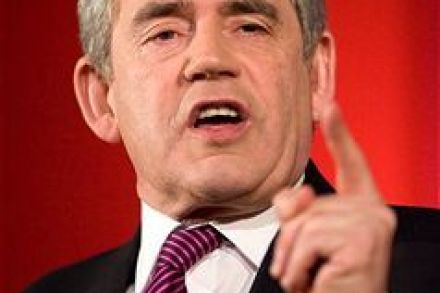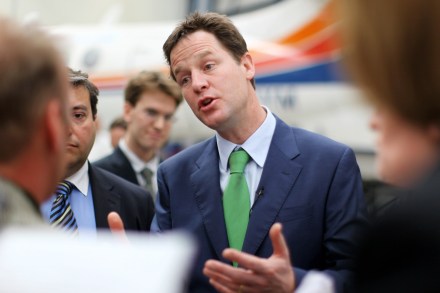As the polls open, a topsy-turvy campaign closes
Now’s the time, dear CoffeeHouser. After nearly three years in Number Ten, Gordon Brown is finally subjecting himself to the wishes of the British public. And, signs are, he won’t like what they’ve got to say. Putting the strong possibility of a hung parliament aside, last night’s opinion polls had Labour on or around Michael Foot levels of support. A few folk, like Marbury, have observed that it’s almost like the campaign didn’t happen. And they’re right: there is a peculiar symmetry to the electoral calculus. After all the mood shifts of the past four weeks, we’re back broadly where we started: with the Tories looking to gain either a


















